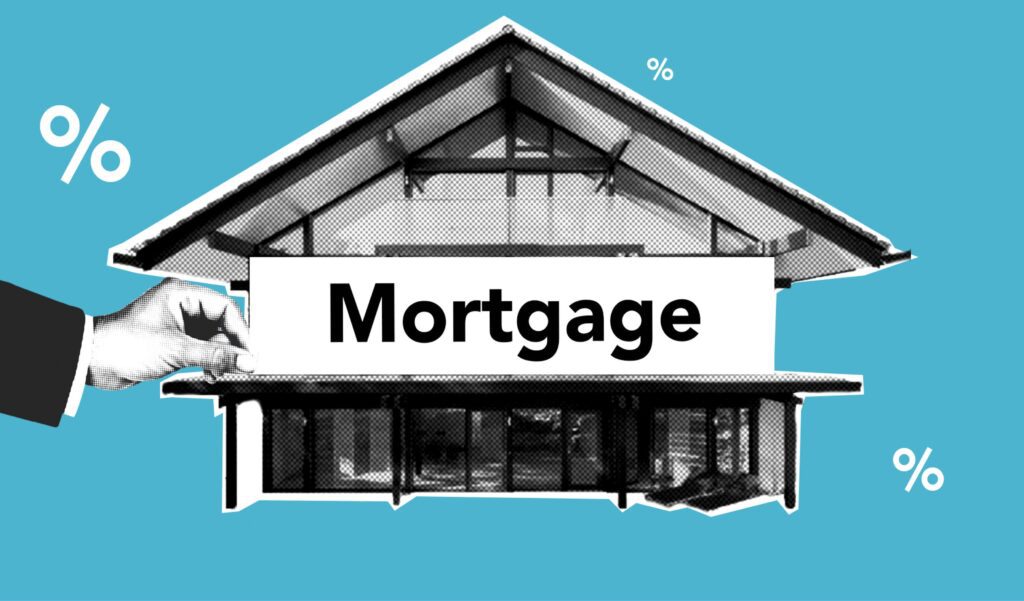FHA Vs. Conventional Loans: Which one’s for you?
Understanding different kinds of loans can be exceptionally tricky. Not only do you have to learn about the process, but you also have to learn which one is better suited for you, the interest rates, down payments, and so much more. And you want to do it right because it is one of the most important decisions you will make in your life.
FHA and conventional loans are the two most prominent and popular loan systems in the United States. Understanding these will make it much easier for you to make an informed decision. So, let’s break down the ins and outs of FHA and conventional loans so that you can choose a loan that is right for you.
What Are Conventional Loans?
A conventional loan doesn’t fall into the government territory and is divided into two categories: conforming and non-conforming. Conforming loans follow the rules set by Fannie Mae and Freddie Mac, while non-conforming loans do not. This is what allows conforming loans to be much more flexible than conforming loans.
Conventional loans have a higher credit score and down payment requirement than government-backed loans. Some conventional loans can have a down payment as low as 3 percent, but in most cases, home buyers will be required to pay private mortgage insurance if their down payment is lower than 20 percent.

What Are FHA Loans?
FHA loans are government-sponsored and have more flexible financial requirements. People who have low or poor credit scores and can’t put down a large sum of money as a down payment can still qualify for this type of loan. Credit unions, certified private lenders, and private banks have the authority to give these types of loans.
The only drawback with FHA loans is that you have to pay for private mortgage insurance. The borrowers usually have to pay an upfront fee and then pay a fee every month, typically over the entire course of the loan. Mortgage insurance is to protect the lender if something happens to the home buyer, rendering them unable to return the loan amount.

FHA VS Conventional Loans
FHA has more relaxed financial standards than conventional loans, but it has stricter mortgage insurance requirements and property standards. Conventional loans, however, have relaxed mortgage insurance requirements and property requirements while having stricter financial standards.
While both of these loans are applicable to a large number of people, there are still quite a few key differences.
Credit Requirements
Generally, lenders follow the guidelines set by the FHA for FHA loans, while conventional loans follow the guidelines that are set by Fannie Mae and Freddie Mac. However, lenders can increase the amount of credit score required to qualify for a loan based on the type of loan. You need to put down 3.5 percent for FHA loans if your credit score is above 580. But if your score is between 500 and 579, you need to put down at least 20 percent of the entire mortgage. The only problem is that it is pretty hard to get approval for a mortgage if your credit score is 500. In fact, only 5 percent of FHA loans that close have a credit score below 580.
Borrowers need to have a FICO credit score of at least 620 to be able to qualify for a conventional loan. While it is possible to get a conventional loan with a down payment as low as 3 percent, it isn’t entirely that common. And you need to put down at least 5 to 10 percent of the entire mortgage.

Loan Limits
Federal Housing Finance Agency or the FHFA sets the loan limit for conventional loans each year, and the Department of Housing and Urban Development does the same for FHA loans. The conventional loan limit for 2022 is $647,200, an 18 percent increase since last year.
FHA loan limit has also changed this year and has increased to $420,680 in low-cost areas and $970,800 in high-cost areas. Areas such as Hawaii, Alaska, Guam, and the U.S. Virgin Islands are exceptions to FHA loan guidelines, and home buyers can borrow up to $1,233,550.
If you want to borrow more than both of these loans allow, then you will need to get a jumbo loan. These loans have a much larger loan limit but require a stronger credit score.

Mortgage Insurance
Mortgage insurances are put into place to protect the lender, and both FHA and conventional loans require mortgage insurance. However, there is a significant difference between them both. If you are opting for an FHA loan, then you must know that mortgage insurance is mandatory. Typically, there are two kinds of mortgage insurances for FHA: Upfront mortgage insurance and annual mortgage insurance.
Every borrower pays upfront mortgage insurance which is 1.75 percent of the loan amount. If you pay more than 10 percent of the mortgage, you will qualify for the annual mortgage insurance and only pay a premium for 11 years. If you put down less than 10 percent, you will have to pay monthly insurance installments for the rest of your loan term. However, it is possible to refinance into a conventional loan to eliminate mortgage insurance if you have 20 percent equity.
Conventional loans only require mortgage insurance if the borrower puts down less than 20 percent. The cost of the insurance will depend on your down payment, loan term, and loan amount. Your credit score and loan term can also affect the cost of mortgage insurance.
If you are looking for trustworthy and licensed mortgage lender fort lauderdale fl, look no further than Atlantic Home Capital. We offer a large variety of loans, including FHA, VA, conventional mortgage loans in Tallahassee, non-convention, and many more.
So, if you are looking for mortgage consultants and mortgage property loans, contact us!
